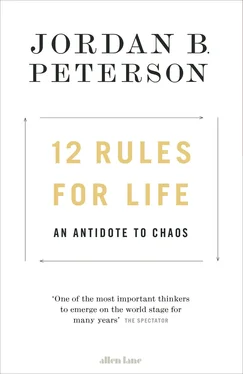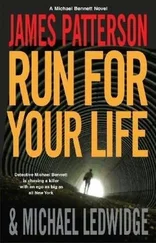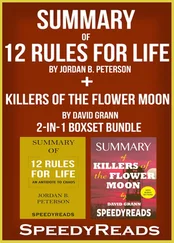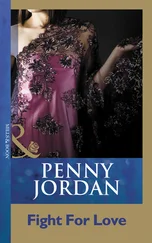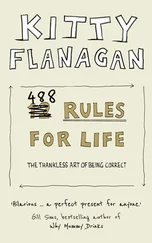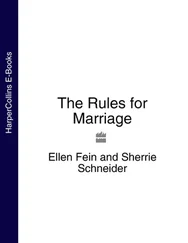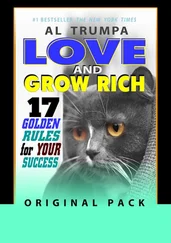Human beings have a great capacity for wrongdoing. It’s an attribute that is unique in the world of life. We can and do make things worse, voluntarily, with full knowledge of what we are doing (as well as accidentally, and carelessly, and in a manner that is willfully blind). Given that terrible capacity, that proclivity for malevolent actions, is it any wonder we have a hard time taking care of ourselves, or others—or even that we doubt the value of the entire human enterprise? And we’ve suspected ourselves, for good reason, for a very long time. Thousands of years ago, the ancient Mesopotamians believed, for example, that mankind itself was made from the blood of Kingu, the single most terrible monster that the great Goddess of Chaos could produce, in her most vengeful and destructive moments. [18058] Salisbury, J. E. (1997). Perpetua’s passion: The death and memory of a young Roman woman . New York: Routledge.
After drawing conclusions such as that, how could we not question the value of our being, and even of Being itself? Who then could be faced with illness, in himself or another, without doubting the moral utility of prescribing a healing medicament? And no one understands the darkness of the individual better than the individual himself. Who, then, when ill, is going to be fully committed to his own care?
Perhaps Man is something that should never have been. Perhaps the world should even be cleansed of all human presence, so that Being and consciousness could return to the innocent brutality of the animal. I believe that the person who claims never to have wished for such a thing has neither consulted his memory nor confronted his darkest fantasies.
What then is to be done?
In Genesis 1, God creates the world with the divine, truthful Word, generating habitable, paradisal order from the precosmogonic chaos. He then creates Man and Woman in His Image, imbuing them with the capacity to do the same—to create order from chaos, and continue His work. At each stage of creation, including that involving the formation of the first couple, God reflects upon what has come to be, and pronounces it Good.
The juxtaposition of Genesis 1 with Genesis 2 & 3 (the latter two chapters outlining the fall of man, describing why our lot is so tragedy-ridden and ethically torturous) produces a narrative sequence almost unbearable in its profundity. The moral of Genesis 1 is that Being brought into existence through true speech is Good. This is true even of man himself, prior to his separation from God. This goodness is terribly disrupted by the events of the fall (and of Cain and Abel and the Flood and the Tower of Babel), but we retain an intimation of the prelapsarian state. We remember, so to speak. We remain eternally nostalgic for the innocence of childhood, the divine, unconscious Being of the animal, and the untouched cathedral-like old-growth forest. We find respite in such things. We worship them, even if we are self-proclaimed atheistic environmentalists of the most anti-human sort. The original state of Nature, conceived in this manner, is paradisal. But we are no longer one with God and Nature, and there is no simple turning back.
The original Man and Woman, existing in unbroken unity with their Creator, did not appear conscious (and certainly not self-conscious). Their eyes were not open. But, in their perfection, they were also less, not more, than their post-Fall counterparts. Their goodness was something bestowed, rather than deserved or earned. They exercised no choice. God knows, that’s easier. But maybe it’s not better than, for example, goodness genuinely earned. Maybe, even in some cosmic sense (assuming that consciousness itself is a phenomenon of cosmic significance), free choice matters. Who can speak with certainty about such things? I am unwilling to take these questions off the table, however, merely because they are difficult. So, here’s a proposition: perhaps it is not simply the emergence of self-consciousness and the rise of our moral knowledge of Death and the Fall that besets us and makes us doubt our own worth. Perhaps it is instead our unwillingness—reflected in Adam’s shamed hiding—to walk with God, despite our fragility and propensity for evil.
The entire Bible is structured so that everything after the Fall—the history of Israel, the prophets, the coming of Christ—is presented as a remedy for that Fall, a way out of evil. The beginning of conscious history, the rise of the state and all its pathologies of pride and rigidity, the emergence of great moral figures who try to set things right, culminating in the Messiah Himself—that is all part of humanity’s attempt, God willing, to set itself right. And what would that mean?
And this is an amazing thing: the answer is already implicit in Genesis 1: to embody the Image of God—to speak out of chaos the Being that is Good—but to do so consciously, of our own free choice. Back is the way forward—as T. S. Eliot so rightly insisted—but back as awake beings, exercising the proper choice of awake beings, instead of back to sleep:
“Little Gidding,” Four Quartets, 1943
We shall not cease from exploration
And the end of all our exploring
Will be to arrive where we started
And know the place for the first time.
Through the unknown, remembered gate
When the last of earth left to discover
Is that which was the beginning;
At the source of the longest river
The voice of the hidden waterfall
And the children in the apple-tree
Not known, because not looked for
But heard, half-heard, in the stillness
Between two waves of the sea.
Quick now, here, now, always—
A condition of complete simplicity
(Costing not less than everything)
And all shall be well and
All manner of things shall be well
When the tongues of flames are in-folded
Into the crowned knot of fire
And the fire and the rose are one.
T. S. Eliot
If we wish to take care of ourselves properly, we would have to respect ourselves—but we don’t, because we are—not least in our own eyes—fallen creatures. If we lived in Truth; if we spoke the Truth—then we could walk with God once again, and respect ourselves, and others, and the world. Then we might treat ourselves like people we cared for. We might strive to set the world straight. We might orient it toward Heaven, where we would want people we cared for to dwell, instead of Hell, where our resentment and hatred would eternally sentence everyone.
In the areas where Christianity emerged two thousand years ago, people were much more barbaric than they are today. Conflict was everywhere. Human sacrifice, including that of children, was a common occurrence even in technologically sophisticated societies, such as that of ancient Carthage. [18059] Pinker, S. (2011). The better angels of our nature: Why violence has declined . New York: Viking Books.
In Rome, arena sports were competitions to the death, and the spilling of blood was a commonplace. The probability that a modern person, in a functional democratic country, will now kill or be killed is infinitesimally low compared to what it was in previous societies (and still is, in the unorganized and anarchic parts of the world). [18060] Nietzsche, F.W. & Kaufmann, W.A. (1982). The portable Nietzsche . New York: Penguin Classics (Maxims and Arrows 12).
Then, the primary moral issue confronting society was control of violent, impulsive selfishness and the mindless greed and brutality that accompanies it. People with those aggressive tendencies still exist. At least now they know that such behaviour is sub-optimal, and either try to control it or encounter major social obstacles if they don’t.
Читать дальше
